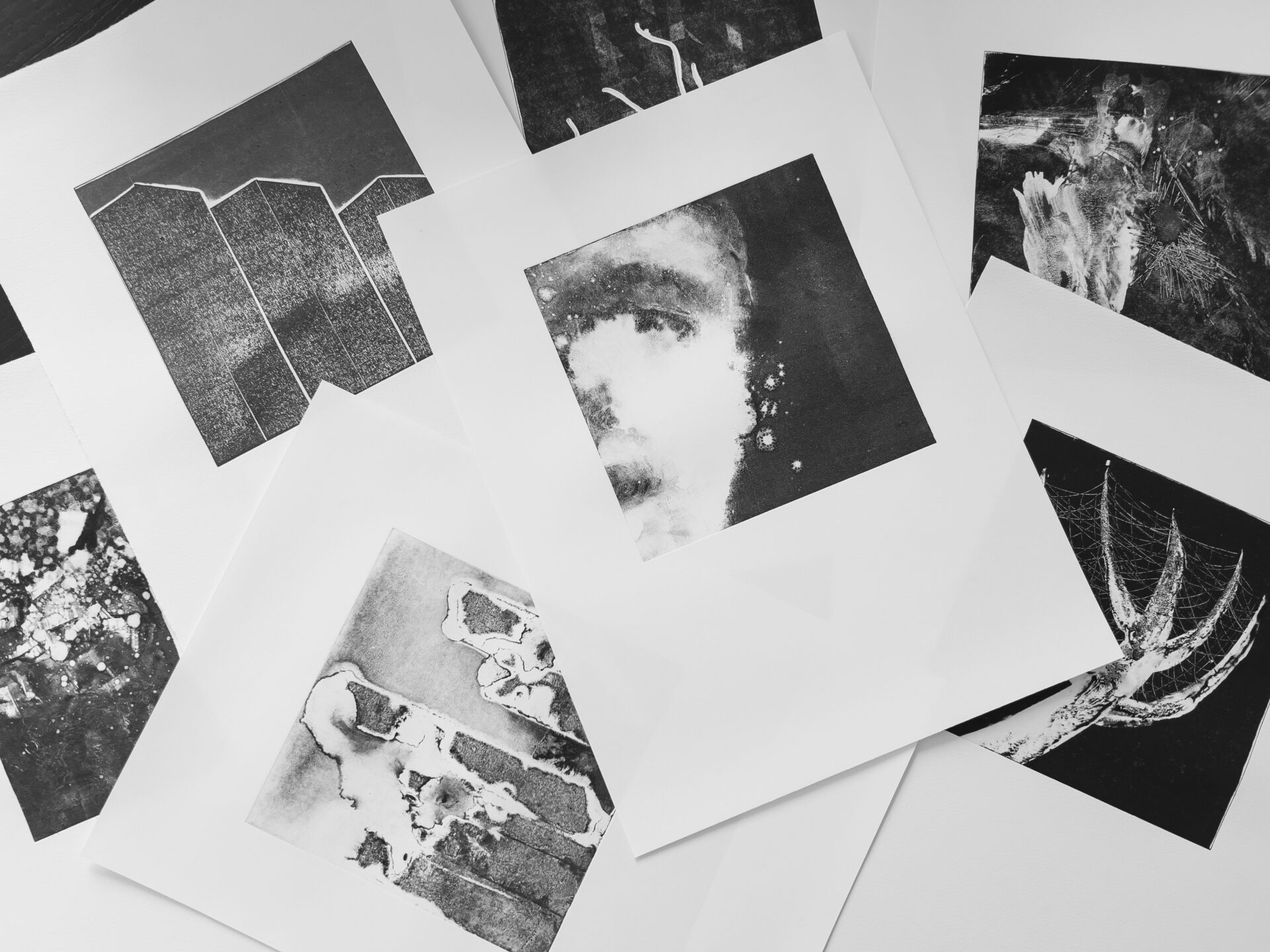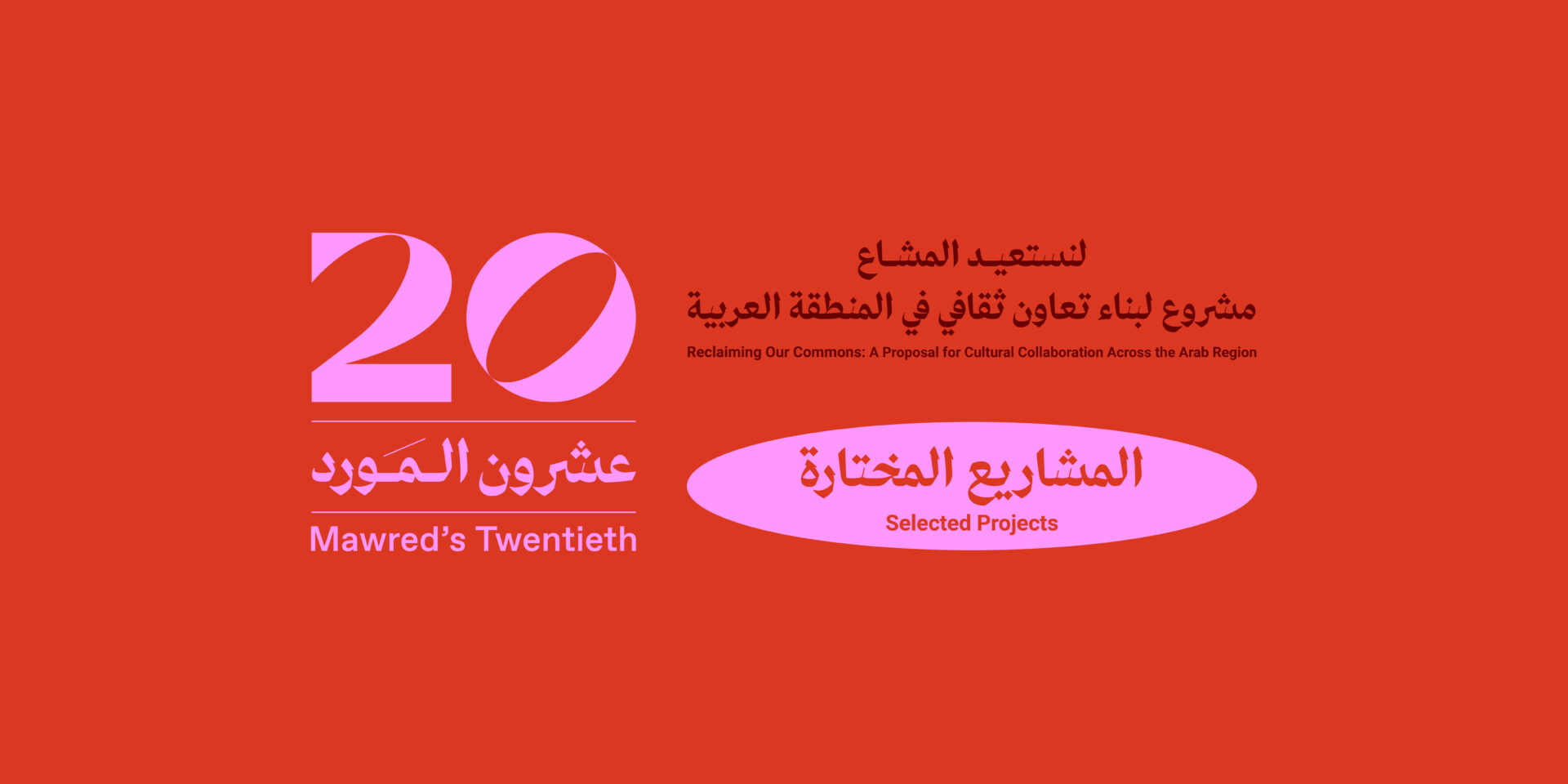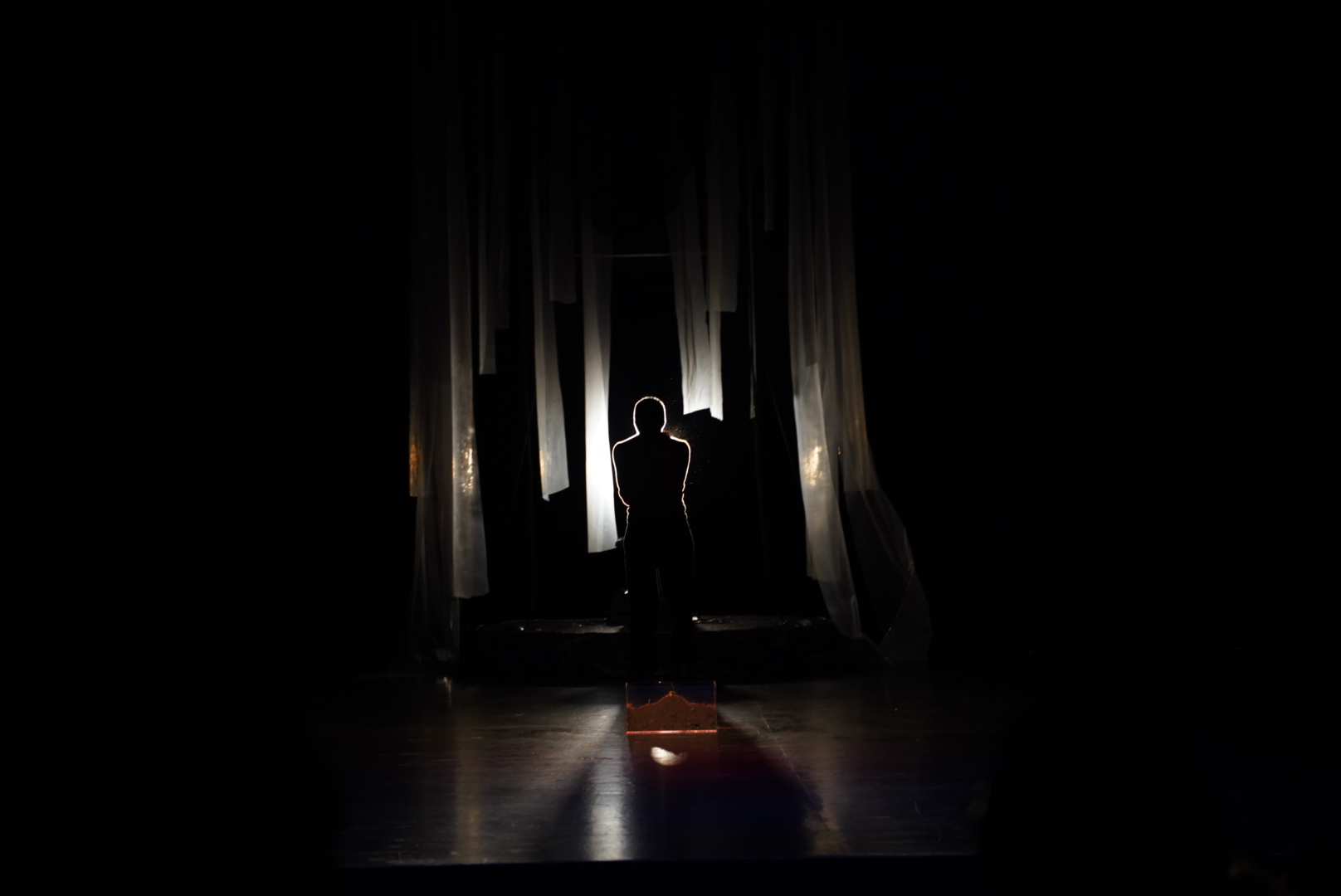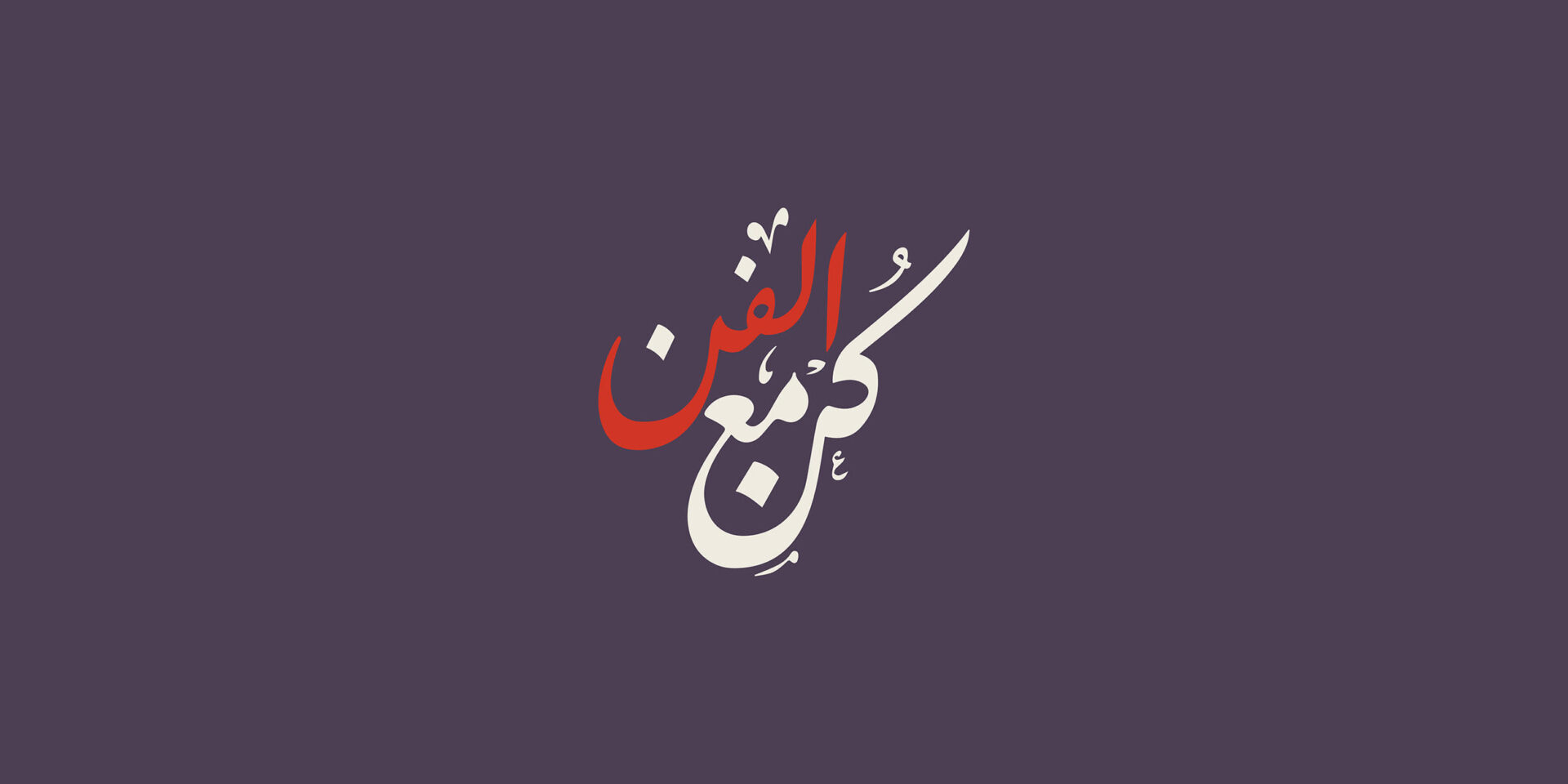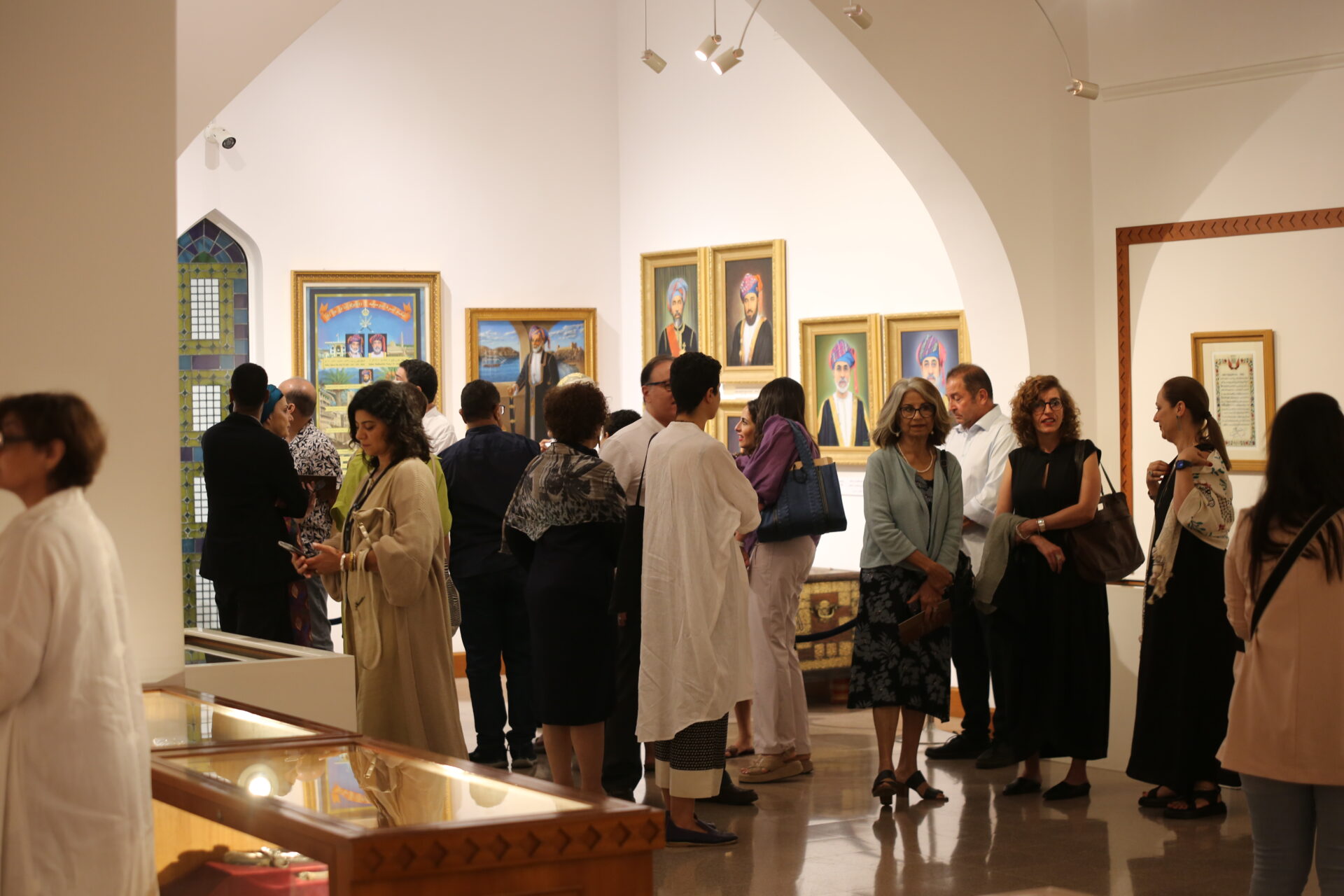The Masters program in Cultural Policy and Cultural Management held a research camp for graduates of Cohort I and Cohort II on 21-23 September in Rabat and Casablanca, Morocco, to celebrate the program’s accomplishments to date and mark its temporary closure. Titled “Road to 2030: Arts Management and Cultural Policy Education in the Arab Region”, the camp showcased the work of the MA’s two cohorts of alumni, discussed their professional careers within the region’s cultural ecosystems, and explored scenarios for the MA program’s continuation in a new form.
The MA was a two-year program hosted and taught between 2018 and 2022 at the Hassan II University in Casablanca, Morocco, in partnership with the University of Hildesheim in Germany and its UNESCO chair for Cultural Policies for Arts in Development. It is the Arab region’s first research MA in this field.
Attending the camp were 14 graduates from Morocco, Oman, Egypt and Tunisia, and former faculty in the program Mohamed Benzidan, Abdelmajid Bouziane and Amine Moumine from Hassan II University, Milena Dragićević Šešić from the University of Arts, Belgrade, Julius Heinicke from Hildesheim University and Aleksandar Brkić from the University of London, Goldsmiths. Five guest speakers who are active in the Moroccan cultural scene addressed the graduates, namely Imane Djamil, photographer and cultural activist; Hicham Abkari, director of Mohammed VI Theater and vice president of the cultural industries committee within the General Confederation of Enterprises Morocco; Sabrina Kamili, co-founder of K & CO agency for cultural industries; Brahim El Mazned, founder of Visa for Music and artistic director of Anya, and Kenza Sefrioui, journalist, publisher and founder of En Toute Lettres.
Designed by Aleksandar Brkić in collaboration with three graduates, Ibtissam Ghazoui, Younes Chafiq and Imane Elcherki, the camp program contained discussions on the interplay between cultural activism and creative entrepreneurship in the Arab region, and debates on the role and regulation of artificial intelligence in the creative and research sectors. It also offered graduates mentorship sessions on academic and non-academic publishing, and supported those wishing to pursue doctoral studies.
Camp participants also got a closer look at local cultural institutions through site visits to the Museum of History and Civilization, Hiba Foundation, the Mohammed VI Contemporary Museum and the ancient Oudayas fortress in Rabat, as well as Boultek contemporary music center in Casablanca.
The camp was an occasion for graduates to reconnect and network with each other, with guest speakers, and with former professors who are interested in accompanying them in their continued educational and professional growth. Of the MA’s 24 graduates, 2 are already enrolled as PhD students at Hassan II University and 3 are in the process of applying to other PhD programs.
The MA program will reach its conclusion and take recess at the end of October. Culture Resource will continue seeking ways to restart the program in a new and sustainable format, building on the suggestions of MA graduates and partners, and taking into account the growing demand for higher education in cultural policy and management in the region from the region’s perspective.

